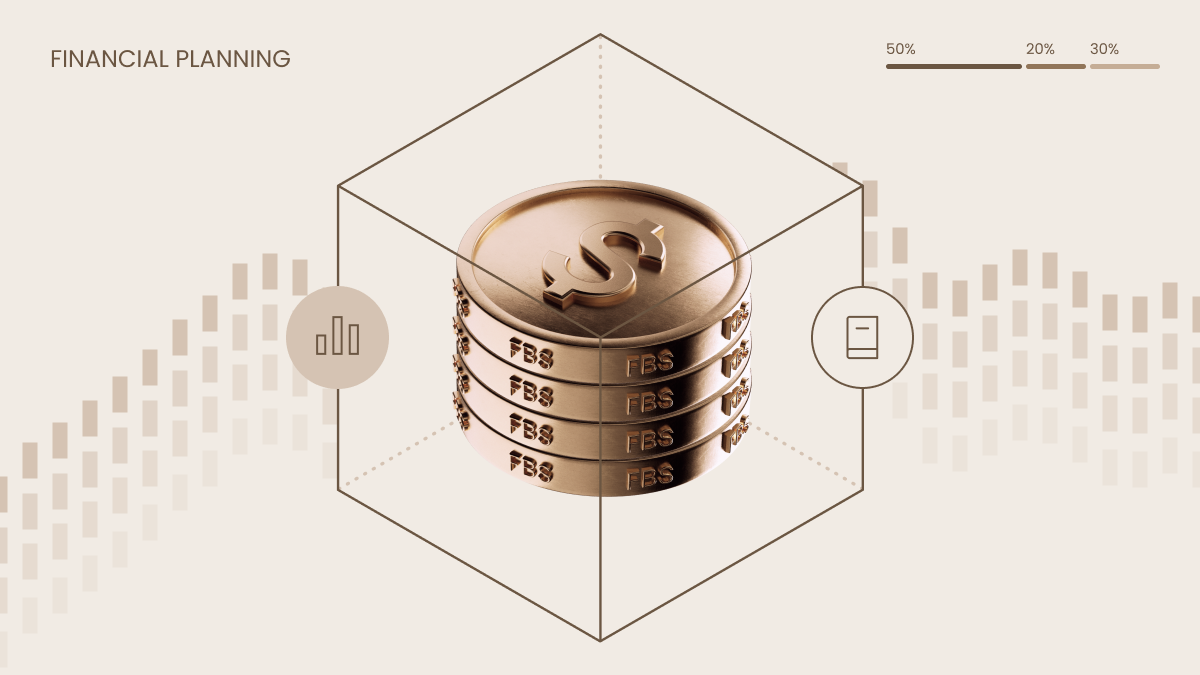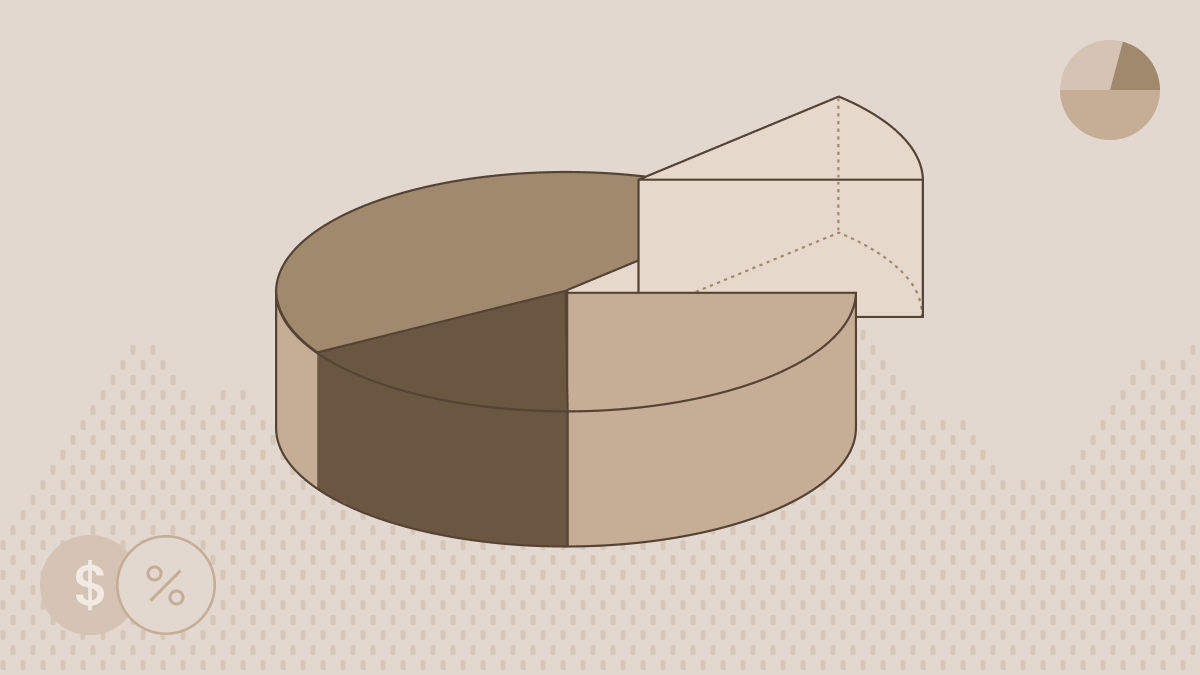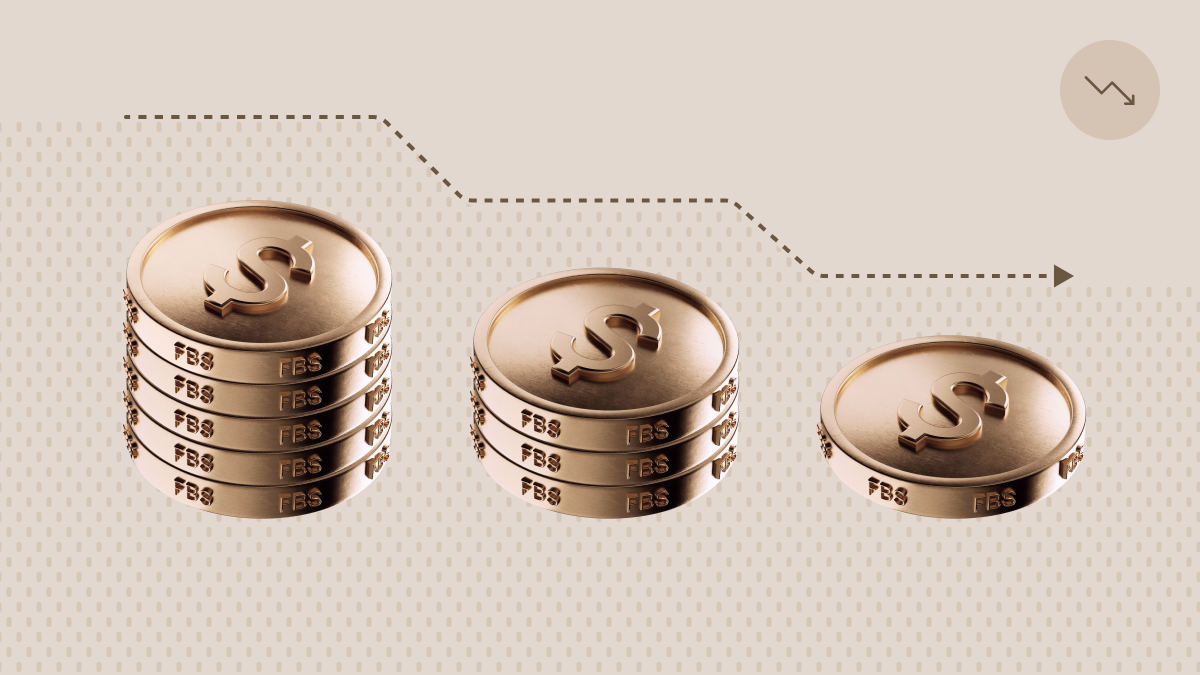6. Steer clear of debt
Debt can quickly get out of hand and become a major obstacle to your financial health. If possible, do your best to avoid debt — especially high-interest debt like personal loans or credit card revolving credit.
If you’re already on the hook, the best thing you can do for yourself is pay it off as quickly as possible. First, aggressively go after the ones with the highest interest rates. A good idea may be to consolidate all your debt with a lower interest rate.
Allocate a significant enough portion of your regular income to paying off the debt, and don’t get into new debt while you pay off the old debt.
On the whole, try to pay for things in cash.
7. Set some money aside for yearly expenses
When planning their budget, people often forget to zoom out far enough to realize they have not only monthly, but also yearly expenses. Car insurance premiums, taxes, tuition, holiday presents for the family - these can spring up on you.
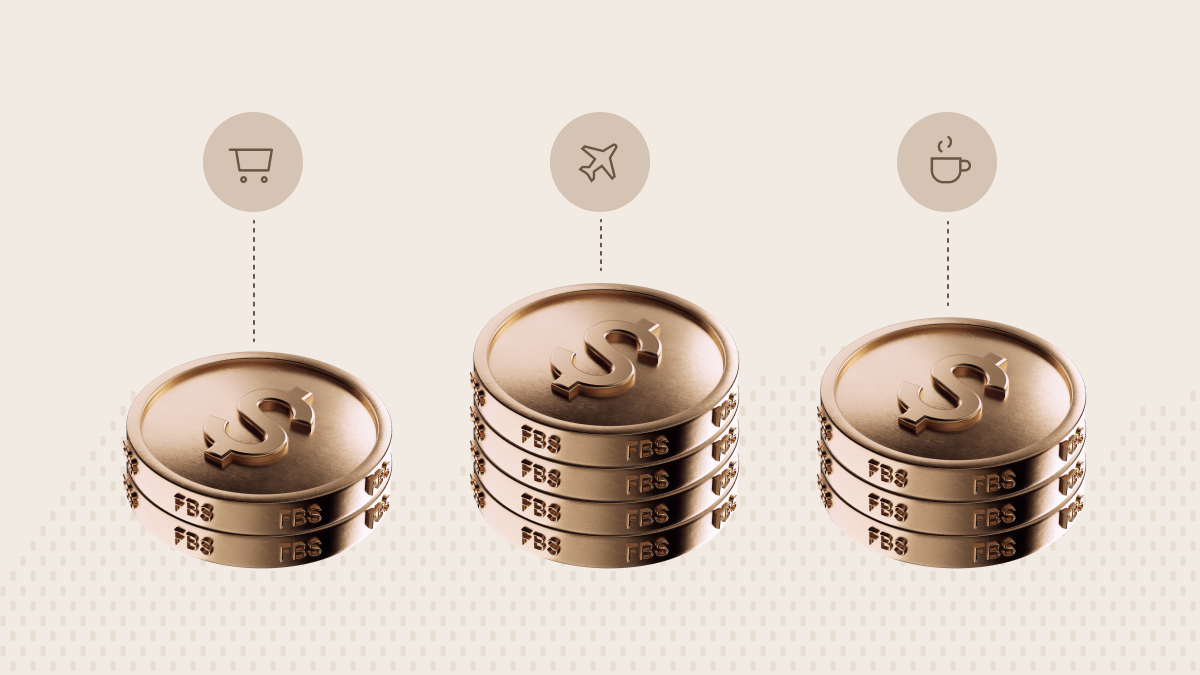
Divide the sum total of these expenses by the months in a year, and save up the resulting amount each month.
8. Keep an emergency fund
No one is immune to unforeseen events and circumstances: losing your job, incurring medical bills, or a family emergency. These things can be far less catastrophic if you have an emergency fund that is enough to cover between three and six months’ worth of expenses. It’s not always easy to save up such a large amount, but you should keep these amounts in mind as an end goal.
Build this fund slowly but surely, and keep the money in a place where you can withdraw it at a moment’s notice if you need it.
9. Manage your personal and professional finances separately
If you’re self-employed or own a business, it’s important to manage your personal and professional finances separately. Handling the two separately makes financial management easier.
Keep separate bank accounts for your personal and professional finances. Never mix these funds. This will give you a clear view of your income and expenses from each source. It will prevent tax and planning problems down the road, and it will show you exactly how much profit you’re making from your business.
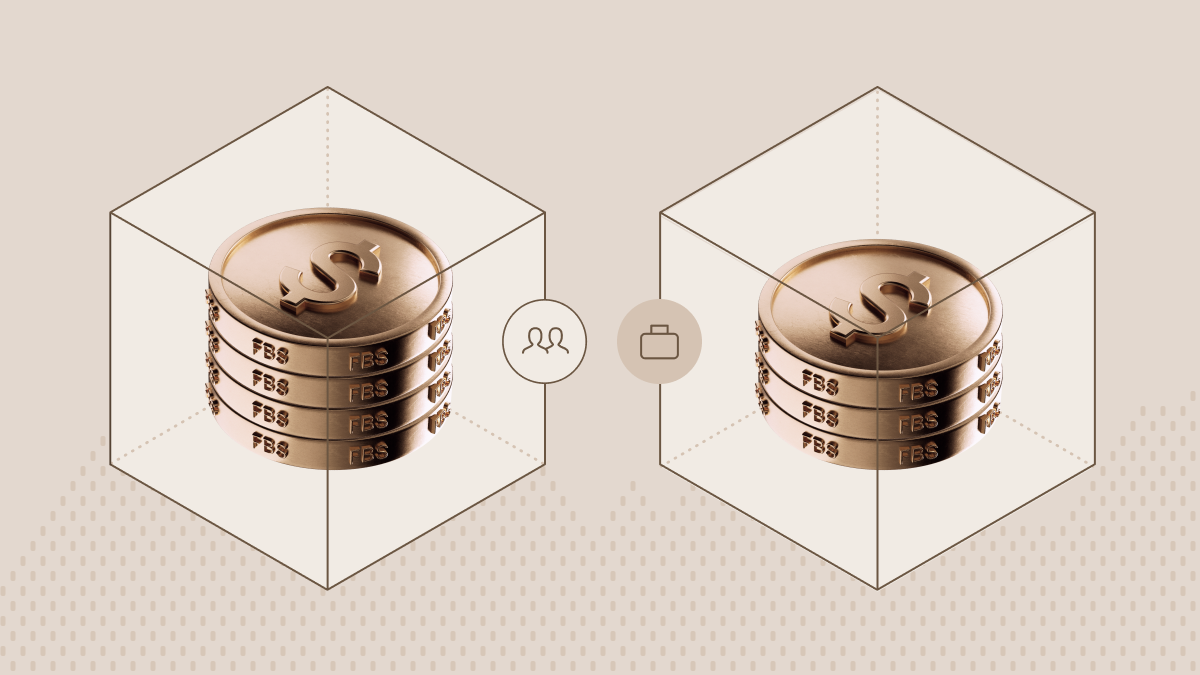
10. Take advantage of technology
There are so many resources out there now that it’s wild not to at least look into them. Besides Excel and Google spreadsheets, which can be customized to perform nearly any function you like, there are specialized apps for banking and financial planning, and some of them are full-on financial consultants. You can categorize your expenses, set payment reminders, and set auto withdrawal for your savings.
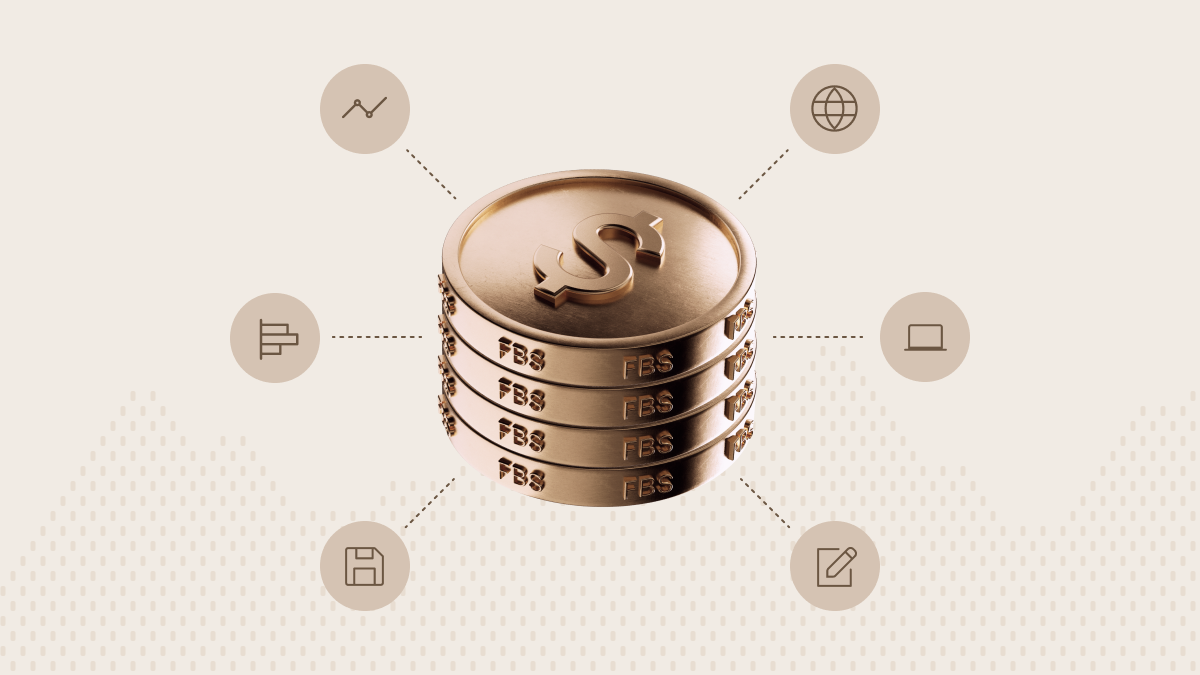
The importance of financial planning in everyday life
Financial planning is more than just avoiding crunch at the end of the month. It is directly linked to your quality of life. When you have your finances in order, you can make better plans for the future, fulfill your dreams, and live a smoother life. In addition, financial planning provides security and stability, allowing you to better deal with unforeseen circumstances and make better decisions in your daily life.
Getting your personal finances in order may seem like a challenge at first. However, with proper effort and adequate strategies, it is possible to achieve a healthy and balanced financial life. By following the tips in this article, you’ll be better prepared to make the right financial decisions, steer clear of debt, and achieve your long-term goals.
Remember, financial planning not only gives you peace of mind on a daily basis, it also ensures security for the future. Start with these practices today and begin reaping the rewards of a more stable and sustainable financial life.
If you’re already on the right track and have a well-built emergency fund, you should start considering the best ways to invest your surplus money in the stock market. Visit the Trader's blog for the best investment tips. And if you’re already investment-savvy, find out how to make your first deposit with FBS.
